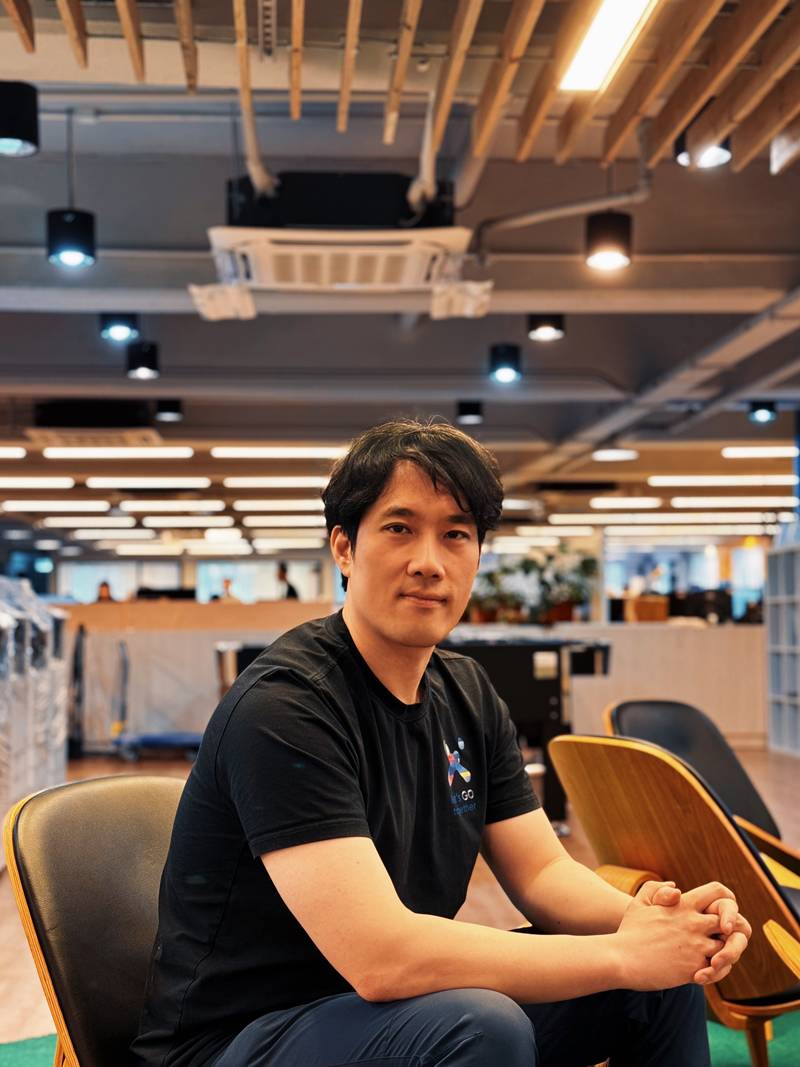The on-demand ride sharing and logistics industry is fiercely competitive, as shared by GoGoX’s CTO during one CXpose.tech interview. What are the tech levers players can use to set themselves apart? Despite a crowded market, GoGoX utilizes a thoughtful approach during implementation.
GoGoX is an on-demand platform service focused upon transportation of freight and goods, and it may seem like any other ride-hailing service operating in Asia or other geographical regions.
However, it claims the honour of being the first logistics service offered via a mobile app, having started in Hong Kong in 2013. Fast forward ten years later, and GoGoX now has presence in 360 cities, with a fleet of over 6 million registered drivers across six countries.
When speaking to its CTO, Young Tae Do, he explained that GoGoX moves any cargo, except humans. “I myself have even delivered (live) fish several times.”
He also recognized that the logistics industry has been around for thousands of years – humans have always had the need to move things around since the dawn of time – but despite having existed for so long, there is so much about logistics that can still be innovated on.
The arrival of e-commerce has nudged personalization and omni-channel experiences into the spotlight.
Mobile apps, and algorithms to match shippers with vehicle drivers have become fundamental components for ride-hailing service in this day and age. Also, in his opinion, the arrival of e-commerce has nudged personalization and omni-channel experiences into the spotlight.

Young Tae Do, GoGoX
And when it comes to on-demand ride-sharing and logistics, some key trends include last-mile delivery optimization and the potential use of electrical vehicles/autonomous technology, drones to fulfil this.
Sure enough, GoGoX is experimenting with autonomous vehicles and robotics through partnerships with Hong Kong startups. He hopes that the use of these technologies will become more common in five to ten years.
Drivers, hurdles, and extending reach through partnerships
Since GoGoX started ten years ago, Young admitted that the industry has become extremely competitive with many similar services popping up.
Advances in technology like GPS tracking and real time updates have enabled these services to boom, but convenience, urbanization, and changing consumer behavior are accelerating their take-up. Not to mention, the growth of e-commerce and online shopping has increased the need for efficient delivery solutions to fulfil orders and meet customer expectations.
In Young’s opinion, the arrival of e-commerce has nudged personalization and omni-channel experiences into the spotlight, and the logistics platform wants to optimize the app experience for its users across different countries and regions.
By offering more features through its application programming interface, or API, like order tracking, GoGoX can embed its service into existing apps and systems that belong to the e-commerce companies it partners with, as well as enterprise and SME partners that have users who can directly access GoGoX.
So, users can access its logistics services through apps they already use, rather than having to install a separate app. The goal is to provide convenient experiences for users through strengthened API partnerships.
Local preferences
Shippers in different countries have varying expectations and preferences. Young said, “First and foremost, we have always believed in being hyper-local in the way that we do business in each country, especially in SEA markets where way of life and cultural influences are so distinct.”
The growth of e-commerce and online shopping has increased the need for efficient delivery solutions to fulfil orders and meet customer expectations.
For example, transportation of live fish is a service in high demand by restaurants in Hong Kong, but would be out of place elsewhere.
Communication preferences and methods for users are very different across countries, as well. Asian markets like Hong Kong and Singapore are comfortable with messaging apps like Whatsapp, but in Korea, another dedicated mobile app may be more mainstream.
Insurance is a new business vertical that the company is exploring because of demand from their commercial drivers. Since obtaining an insurance broker licence in Hong Kong to launch GoGoX Insurance in 2023, it wants to replicate this in other countries.

Offering finance and insurance services over time, is a way GoGoX wants to become a more comprehensive service for its partners.
AI in the roadmap
GoGoX is working on a few AI projects that aim to distinguish it from other players in the market. For example, the resource optimization engine from GoGoX would be very different from resource optimization engines that other ride-hailing services have. “(With those) you just need to know the type of car, its capacity, and all its cargo would be humans.”
With GoGoX, shippers need to key in more information, like the type of cargo, its value, its weight, and so on. These will have to be matched to the right type, right-sized vehicle and at the right price.
Young said, “AI is just the latest chapter that we are writing now to improve operational efficiency and customer experience. Our projects are far from perfect and being able to deploy them at scale with zero-error remains our focus.”
With so many exciting technologies that have potential to disrupt the logistics industry, like AV, AI, robotics, and Internet of Things, GoGoX is taking the approach of thoughtful implementation.
Young ended, “When we evaluate new and emerging trends, we will not change from our principles of customer-centricity. While we use technology to differentiate ourselves, we want to ensure it does not compromise the customer experience.”








